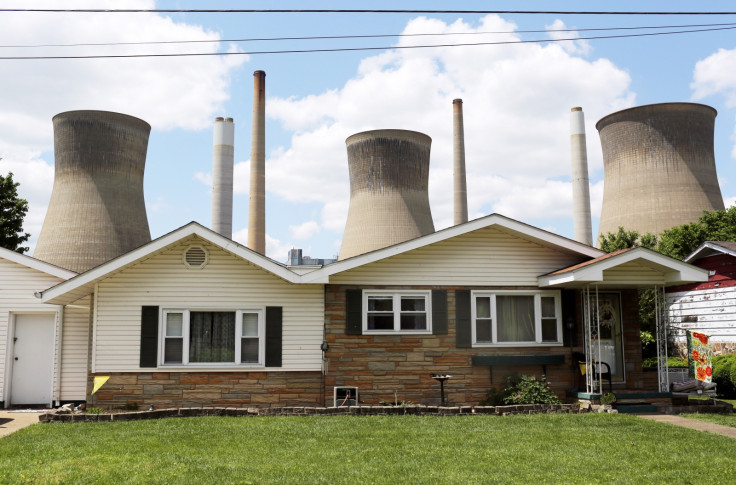Power generation projects face 'significant' carbon transition risk
Industry will remain a focus of increasingly stringent decarbonisation policies.

Exposure to risks associated with the transition away from carbon vary widely for power generation projects and depend on national environmental policies, asset profile and contractual structure, according to a new report.
In a note to its clients, ratings agency Moody's said as a major contributor of carbon emissions, the power sector will remain a focus of "increasingly stringent decarbonisation policies" as nations address their climate goals.
Jennifer Chang, assistant vice president at Moody's, said: "Carbon transition will have significant credit implications for power generation projects. The expenses to convert the broader power sector to a more environmentally-friendly fuel energy mix are large and material."
The extent of the credit pressures caused by decarbonisation policies will vary by region. In the EU and some states in the US, including California, New York and Massachusetts, standards must be implemented in a relatively short timeframe, exposing existing power generation projects built before the standards took effect.
Power generation projects in countries or regions with aggressive policies could thus be subject to early retirements, Moody's noted.
Older, inefficient or higher-cost thermal plants are at higher risk of substitution from both renewables and by more efficient, less costly and less carbon-intensive thermal generation, according to the report. The risk of demand substitution is highest in the US and EU, where trends such as energy efficiency and distributed generation are leading to flat or declining demand for power.
Projects with power purchase agreements enabling full pass-through of costs are less exposed to carbon transition to the extent they can pass through carbon costs and are protected from market price fluctuations and are not susceptible to changes in dispatch volume.
The protection provided by contracts may also be limited if terms can be rejected or provide the counterparty with alternative options. Moody's views the risk of contract dispute to be higher in emerging markets, where thermal generation may become increasingly pressured by a growing renewable presence.
Projects that lack contracts, particularly carbon-intensive generation projects, will be exposed to lower wholesale prices as more renewable energy generation enters the market. Even renewable projects could face volume risk unless contractually protected if electric grids are not equipped to absorb resource variability.
Other potentially disruptive technologies include battery storage, smart meters and smart grids. Conventional generation resources that are unable to offer flexible services in support of the emerging smart grid will be most negatively affected.
Strong political support for incumbent generators or adjacent industries like coal mining could give rise to subsidies or other forms of support for coal-fired projects. In the US, some coal-fired generation may have gained additional time due to the proposed US withdrawal from the Paris Agreement and revision of the Clean Power Plan. However, these actions will not materially derail decarbonisation trends.






